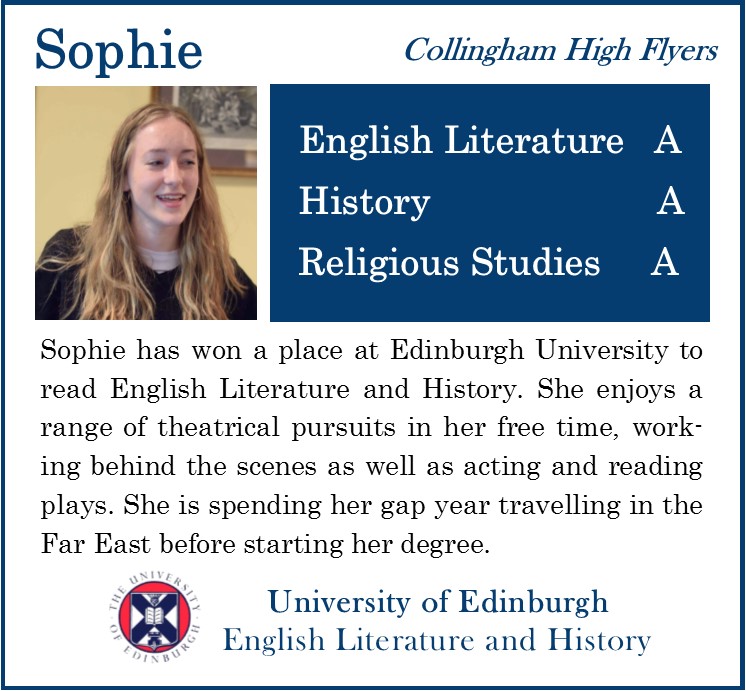The Subject
All A levels have their special attractions, and those of RS are two. First, it is a subject with a unique combination of intellectual depth, breadth and flexibility. Second, it is a chance to study things that everyone is interested in. Questions of worldview, commitment, how to live morally, and questions about the meaning of life.
Religious Studies handles issues which every thinking person must confront, and is a profound training in critical analysis and evaluation. For this reason it is highly regarded in occupations which require appreciation of big issues, of what motivates people, of right and wrong, and in those fields where the ability to investigate, understand and weigh up matters of importance is crucial. Religious Studies A level is quite a different animal from GCSE. So much so, that it does not matter in the least whether you did Religious Education at GCSE.
Religious Studies has always been on universities’ lists of preferred A levels, because its kind of questioning and of analytical and evaluative thinking about new and very varied topics is ideal preparation for all university study.
Religious Studies is an ideal complement to other humanities subjects, offering insights into issues that are implicit in other fields. With the Russell Group chief executive commenting that universities now value academic versatility, note that it is also one of the best complements to science subjects.
A level Religious Studies is about ideas, and so lessons often involve discussing these, which is both interesting and extremely useful in developing the ability to argue your point of view. Thus, as well as leaning a great deal, you are encouraged to develop your own opinion about the material studied, and to voice it in a well-structured argument.


The Course
Each Religious Studies A Level contains three major themes, chosen from:
Philosophy of Religion
Ethics
New Testament Studies
A World Religion (Judaism, Christianity, Buddhism, Islam)
There will be three papers, one for each of these themes.
The four examination Boards offer specifications that differ in the details of their coverage of each theme, and in the question format, but are otherwise similar.
Preferred Board: Edexcel